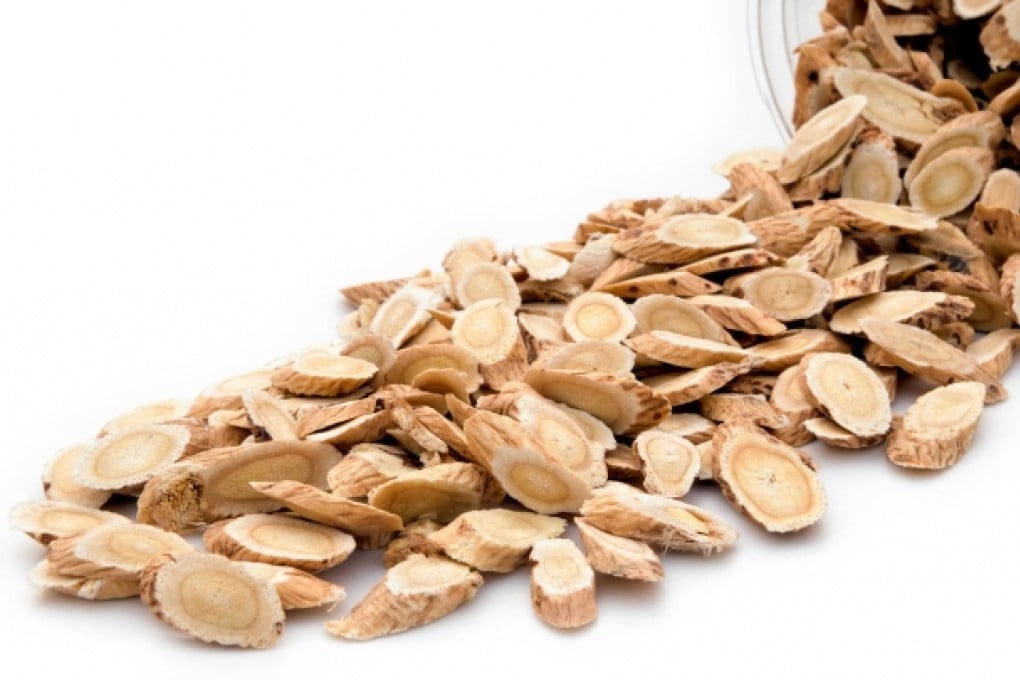Alternatively speaking: Will Chinese medicine lead to a new diabetes cure?
As the blending of alternative and mainstream medicine gains traction worldwide, more studies emerge on the benefits of embracing both Eastern and Western philosophies.

As the blending of alternative and mainstream medicine gains traction worldwide, more studies emerge on the benefits of embracing both Eastern and Western philosophies. A recent one published in the journal PLOS ONE found that a conventional diabetes drug, when taken alongside traditional Chinese medicine herbs, was significantly more effective in treating type 2 diabetes.
The study by researchers from Peking University and Australia's University of Queensland involved 800 mainland patients with poorly controlled type 2 diabetes - which leads to complications including blindness, amputation and early death.
Patients were randomly assigned to get either the anti-diabetic drug glibenclamide alone or the "xiaoke pill", a compound of Chinese herbs and glibenclamide.
After 48 weeks, patients treated with the pill had a significant reduction in risk for hypoglycaemia (low blood sugar) and similar improvements in blood glucose control compared to patients who took only glibenclamide.
Professor Ji Linong, the study's main author and director of the department of endocrinology and metabolism at Peking University People's Hospital, believes the results add clinical support for the product's effectiveness. "Traditional Chinese medicine [TCM] is used widely in treating type 2 diabetes not only in China, but also in the other parts of the world," says Ji.
"But the role of TCM and other herbal medicines in the management of [the disease] is still not established. The absence of scientific understanding has caused scepticism and criticism about TCM, often because of the low methodological quality of trials."
Chinese medicine [TCM] is used widely in treating type 2 diabetes not only in China, but also in the other parts of the world